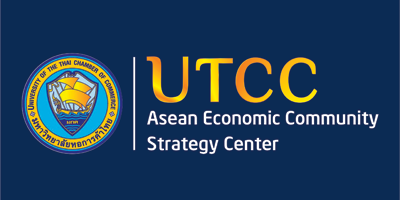Thailand: Deloitte predicts continued FDI inflow on solidity
Thailand will remain a preferred destination for foreign direct investment (FDI) if the government manages to invest in large-scale infrastructure projects as planned, according to Deloitte Thailand.
With the strong economic fundamentals and financial institutions, foreign investors, Japanese in particular, are expected to pour money into Thailand through FDI as the Southeast Asia country is an important investment base in the region, especially following the implementation of the Asean Economic Community, said Deloitte Thailand managing partner Subhasakdi Krishnamra.
Political peace plays an important role in inducing investment, especially when gauging Japanese investors’ opinions, he said, adding that Thai culture also attracts investment to Thailand.
Japanese investors have long been large investors in Thailand as they use the country as a production base to expand their corporate foothold into Asean, particularly Cambodia, Laos, Vietnam and Myanmar.
Mr Subhasakdi predicts stronger economic growth this year than last year’s estimated 3.2%, which was weaker than the region’s average growth forecast of 4.7% in 2016.
External factors such as US President Donald Trump’s anticipated protectionist policies and China’s economic slowdown are major headwinds for Thailand this year, he said.
The Finance Ministry’s Fiscal Policy Office late last month raised its forecast for the country’s GDP growth to 3.6% this year from 3.4% predicted previously, while the Bank of Thailand maintained its 3.2% growth forecast for 2017 at the Monetary Policy Committee’s meeting in December.
Sahanon Tungbrnchasirikul, associate director of business development at Deloitte Thailand, forecasts Thai GDP growth to come in at 3.3% this year, underpinned by state investment, tourism, economic stimulus through the Public-Private Collaborative scheme, and the lapse of the five-year lock-up period for the excise tax refund scheme under the first-time car buyers.
High household debt will still dampen domestic consumption, he said, adding that the country shift into an ageing society has altered spending behaviours.
Mr Sahanon said the bad-loan ratio of banks will continue to rise and reach 3.5% this year.
According to the Bank of Thailand’s data, commercial banks’ gross non-performing loans (NPLs) rose to 2.83% at the end of last year from 2.55% recorded at the end of 2015, with SMEs’ soured loans as the major contributor to the uptick.
S&P Global Ratings said recently that lacklustre economic growth will continue to push up Thai banks’ NPL ratio this year.
Source: http://www.bangkokpost.com/business/finance/1199329/deloitte-predicts-continued-fdi-inflow-on-solidity


 Thailand
Thailand




